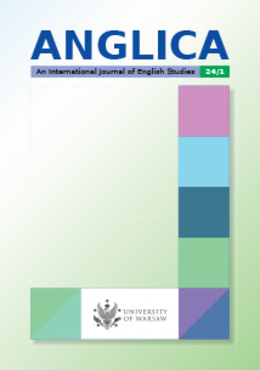The Use of Ambiguity and Inconclusive Endings in Graham Swift’s Novels
The Use of Ambiguity and Inconclusive Endings in Graham Swift’s Novels
Author(s): Krystyna StamirowskaSubject(s): Language and Literature Studies, Theoretical Linguistics, Studies of Literature
Published by: Wydawnictwa Uniwersytetu Warszawskiego
Keywords: ambiguity; inconclusive endings; Graham Swift
Summary/Abstract: The paper examines, with reference to Swift’s later novels (The Light of Day, Tomorrow, Wish You Were Here), the function of his consistently employed strategies which, rather than undermine, reinforce the writer’s commitment to realism and give his narratives additional power and depth. His characters are mostly ordinary people, yet their lives are shaped or changed by a larger historical context or by dramatic events beyond their control, and often, beyond their understanding. Swift’s claim that literature brings us into contact with fire, yet we do not get burned, echoes Aristotle’s notion of catharsis. To make this contact with re possible, Swift selects easily recognizable ordinary areas of shared human experience, which bring the reader close to the protagonist, and simultaneously establish distance by deliberate indeterminacies and refusal to provide disambiguation. A paradoxical coexistence of identification with characters and an underlying sense of suspicion on the part of the reader produce a unique version of contemporary realistic narrative with its ethical and aesthetic commitment.
Journal: ANGLICA - An International Journal of English Studies
- Issue Year: 24/2015
- Issue No: 1
- Page Range: 73-82
- Page Count: 10
- Language: English

